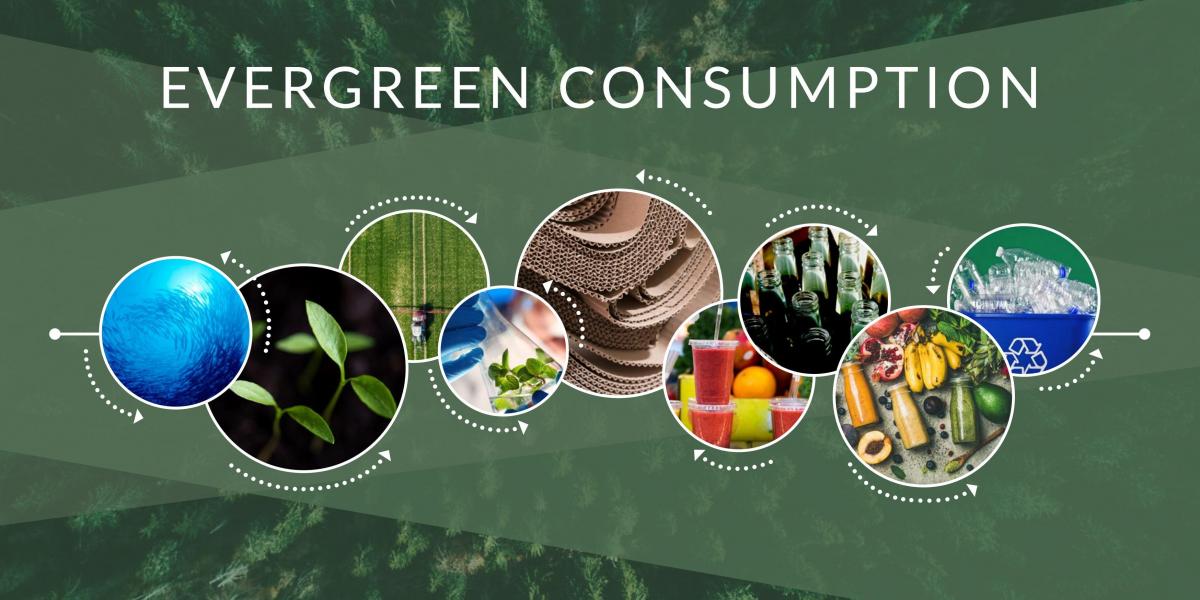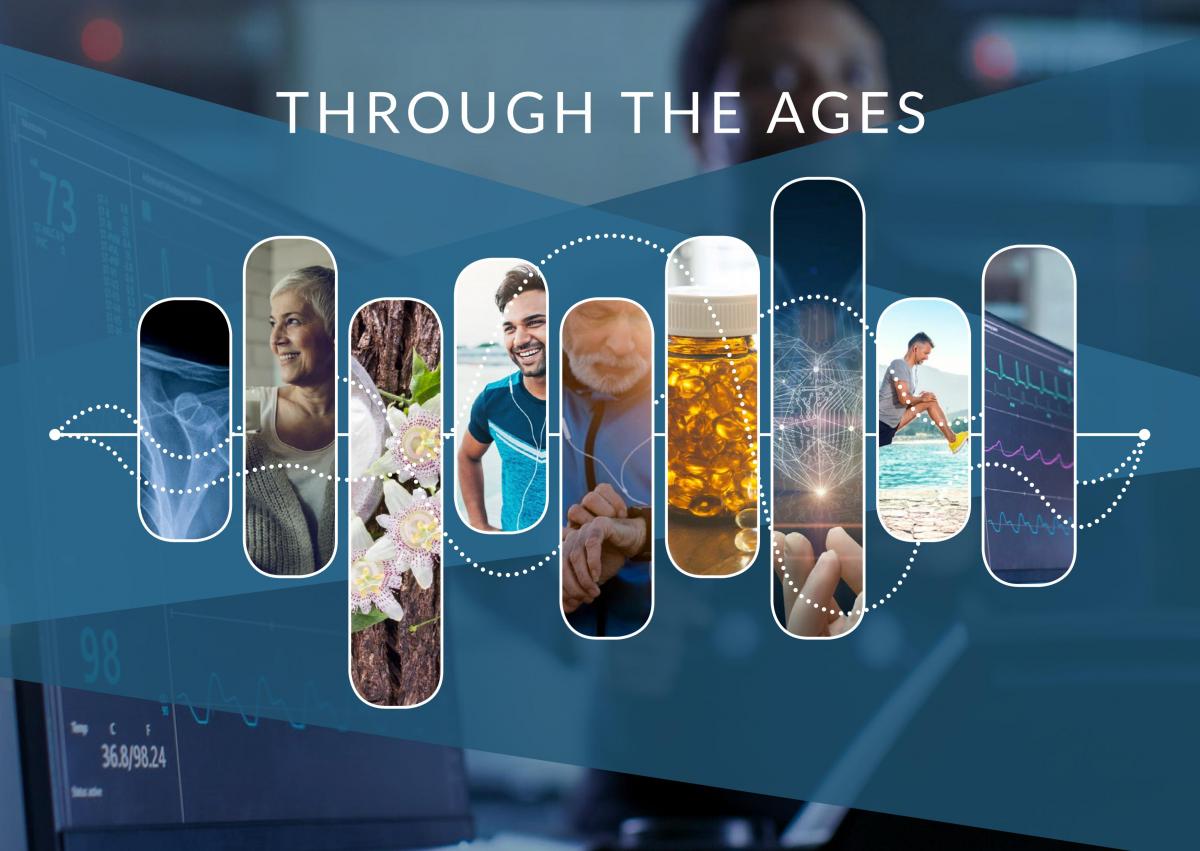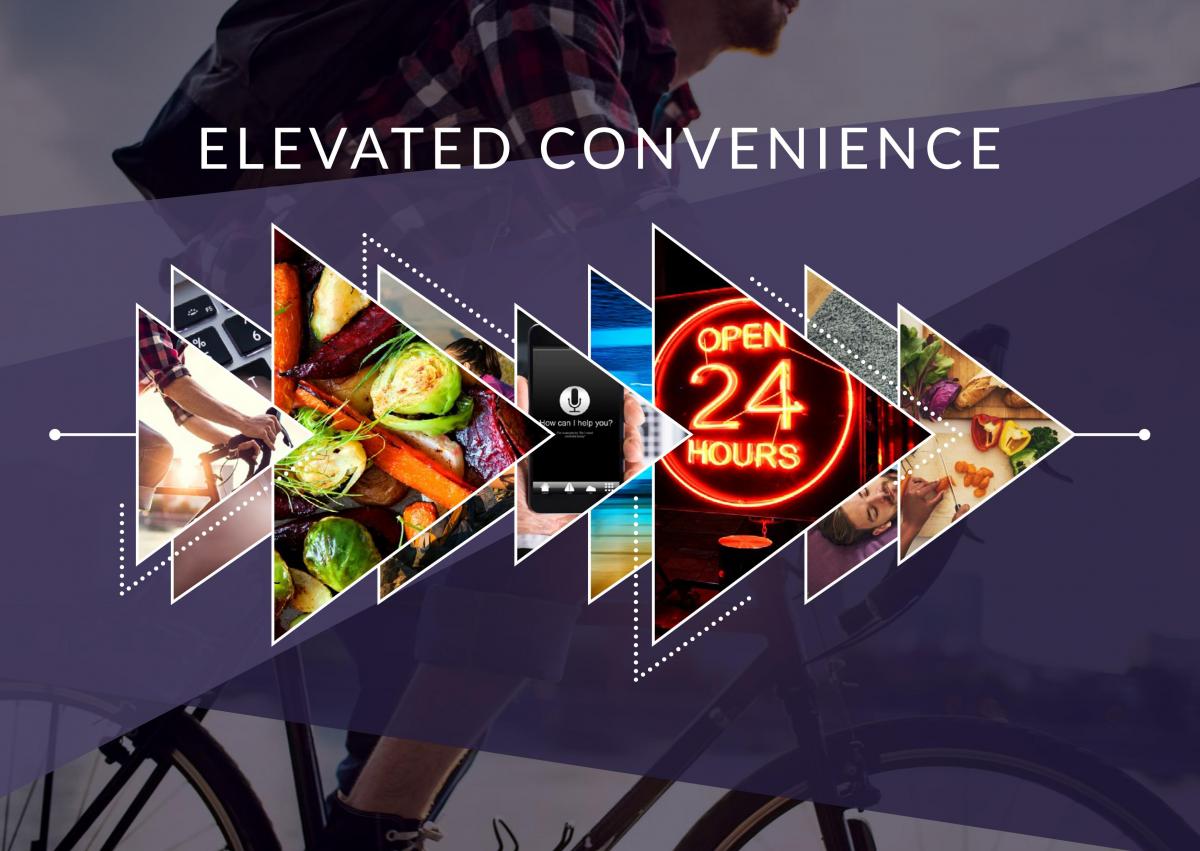SUSTAINABILITY, health and wellness, and convenience are major issues currently impacting most aspects of F&B production. In a new F&B trends report, Jodie Minotto, Research Manager, Mintel Food and Drink, Asia Pacific, shares how these three forward-looking trends will inspire developments in formulation, packaging, marketing, and more in the coming years.
“In 2019, support of and demand for more corporate sustainability programmes will grow as consumers better understand what’s required to get closer to achieving a truly circular food and drink economy. These sustainability efforts will include not only improving access to recycling, but creating products with ingredients that are grown in accordance to regenerative agriculture practices.
“Expect to also see food and drink manufacturers look to the beauty and personal care industry for inspiration for healthy ageing product development. More food and drink will address longevity-related health concerns, be marketed with positive language that rejects terms like ‘anti-ageing’ for its negative connotations, and appeal across ages.
“Finally, we predict the rising segment of consumers who are often on-the-go, yet want to spend more time at home will increase demand for upscale, ‘speed scratch’ solutions and restaurant-quality, ready-to-consume products. As meal kits and foodservice-inspired beverages lead the way, there will also be more opportunities for brands to develop healthy, flavourful, customisable, and quick premium convenience products for breakfast, lunch, dinner, snacks and dessert occasions.”

Trend 1: Evergreen Consumption
The definition of sustainability is extending to encompass the entire product lifecycle. From farm to retailer to fork to bin and, ideally, to rebirth as a new plant, ingredient, product or package, this 360-degree approach will ensure resources are kept in use for as long as possible. The movement towards circularity as the new sustainability will require collaboration between suppliers, manufacturers, governments, nonprofits, retailers and consumers.
The report mentions David Luttenberger, Global Packaging Director as saying, “The idea of and greater actions driving the circular economy will stay largely within the manufacturing community. It will be up to that community—package converters, brands, and retailers—to educate consumers to help them discern fact from fiction when it comes to the next generation of environmental responsibility within the parameters of the industrial circular economy.”
Consumers are rethinking plastics applications, with bio-based packaging materials set to be a key component to the next generation of responsible packaging. In 2019 and beyond, sustainability efforts will include not only improving access to recycling, but incentivising consumers to recycle packaging and offering upcycled goods. According to the report in India, some 58% of urban consumers carry their own shopping bags for grocery shopping.
At the same time, efforts to improve air pollution, support plant welfare, restore soil health and embrace regenerative agriculture will emerge as crucial elements of holistic sustainability programmes that are important to companies and consumers alike.
Mintel highlights U.S. baby food brand, Gerber’s Clean Field Farming line as an example of companies are taking sustainability to the next level, with regenerative agricultural practices.
Whie to reduce waste, Tesco launched a range of cold-pressed juices using fruit and vegetables that would otherwise be discarded.

Trend 2: Through the Ages
Preparing oneself for a longer, healthier lifespan is particularly relevant as consumers prioritise health and wellness as a holistic, proactive, and ongoing pursuit. Longer lifespans present significant opportunities for food and drink manufacturers to take inspiration from the beauty industry, which has successfully established a model for healthy ageing by designing proactive products that are marketed with positive language to people of all ages.
Specific to the world’s diverse senior populations, their needs can be addressed through food and drink for medical purposes, as well as products designed for prevention, with formulations that are nutritious, flavourful, and easy to consume. Yet as humans are living longer, more food and drink can be formulated to address concerns from people of all ages about bone, joint, brain and eye health as well as other age-related health concerns.
Products can be repositioned to include healthier benefits, according to Mintel. Taking a cue from the beauty industry, one example is Geovita Nutrition Organic Good Life Mix with Thai Rice and Quinoa that also contains goji berries and paprika, which the manufacturer links with anti-ageing benefits.
Surveys show that 38% of urban Thai consumers associate high protein food/drink with being able to replace muscle loss due to ageing, and 35% of Chinese juice consumers (aged 20-49) would be interested in packaged juices that have anti-ageing benefits. Mintel also says 53% of Chinese parents with children aged 4-12 would purchase food and drink products with associated brain health benefits.

Trend 3: Elevated Convenience
From breakfast to dinner, a new generation of modern convenience food and drink is emerging as manufacturers respond to rising healthy eating priorities, quests for foodie-inspired flavours, interests in personalisation and competition from speedy delivery services. Looking ahead, a new wave of shortcuts will be available, offering new conveniences such as the expansion of individual meal kits sold at retail, foodservice-inspired packaged beverages, and a new generation of prepared meals, sides, and sauces that emulate the flavours and formats of restaurant meals.
Advancements in technology also will elevate the expectations of convenient food and drink options for consumers moving forward, from planning to shopping to preparation. Interest in premium convenience will not be limited to dinnertime, creating opportunities for every meal, snack, and beverage break.
Mintel shares insights from Melanie Zanoza Bartelme, Global Food Analyst who says, “Stores like Amazon Go will change how we think of ‘convenience stores’ and have the potential to affect how consumers plan and prepare meals. With a range of freshly made grab-and-go options, premium prepared foods and internationally inspired meal kits, Amazon is integrating itself into every sort of eating occasion in a consumer’s day.”
(All images from Mintel)
Mercurial X Proximo













